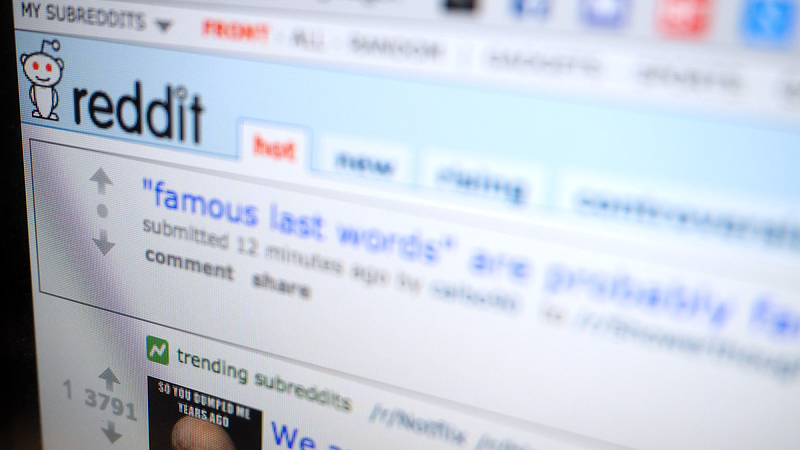In the New York Times, John Herrman examines how the recent banning of right-wing hate groups from platforms like Facebook and Twitter reveals something disturbing about these internet giants: they were willing to tolerate these groups—and the marketing revenue they brought in—until it became a public liability for them to do so. This reminds us, writes Hermann, that these platforms are cynical, profit-driven entities, not bastions of democracy and enlightened values. Read an excerpt from the piece below, or the full text here.
It is worth noting that the platforms most flamboyantly dedicated to a borrowed idea of free speech and assembly are the same ones that have struggled most intensely with groups of users who seek to organize and disrupt their platforms. A community of trolls on an internet platform is, in political terms, not totally unlike a fascist movement in a weak liberal democracy: It engages with and uses the rules and protections of the system it inhabits with the intent of subverting it and eventually remaking it in their image or, if that fails, merely destroying it.
But what gave these trolls power on platforms wasn’t just their willingness to act in bad faith and to break the rules and norms of their environment. It was their understanding that the rules and norms of platforms were self-serving and cynical in the first place. After all, these platforms draw arbitrary boundaries constantly and with much less controversy — against spammers, concerning profanity or in response to government demands. These fringe groups saw an opportunity in the gap between the platforms’ strained public dedication to discourse stewardship and their actual existence as profit-driven entities, free to do as they please. Despite their participatory rhetoric, social platforms are closer to authoritarian spaces than democratic ones. It makes some sense that people with authoritarian tendencies would have an intuitive understanding of how they work and how to take advantage of them.
